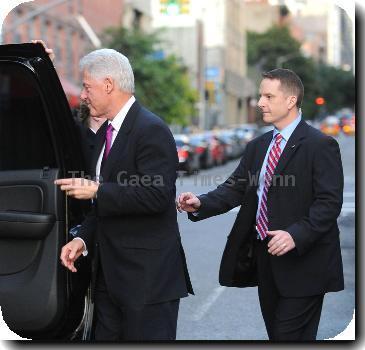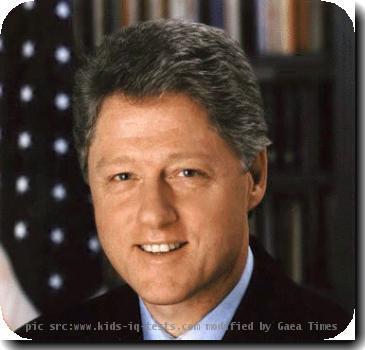Tobacco industry asks Supreme Court to throw out landmark fraud, racketeering rulings
By Mark Sherman, APFriday, February 19, 2010
Cigarette makers take tobacco fight to high court
WASHINGTON — Leading tobacco companies asked the Supreme Court Friday to throw out court rulings holding that the industry illegally concealed the dangers of cigarette smoking.
The filings with the high court mark the latest round in a landmark legal fight that began during Bill Clinton’s presidency and has dragged on for over a decade.
Philip Morris USA, the nation’s largest tobacco maker, its parent company Altria Group Inc. and R.J. Reynolds Tobacco Co. filed separate but related appeals that take issue with a federal judge’s 1,600-page opinion and an appeals court ruling that found the industry engaged in racketeering and fraud over several decades.
Other tobacco companies and the Obama administration also are expected to file separate appeals Friday. The government is seeking billions from the industry.
In 2006, U.S. District Judge Gladys Kessler ruled that the companies engaged in a scheme to defraud the public by falsely denying the adverse health effects of smoking, concealing evidence nicotine is addictive and lying about their manipulation of nicotine in cigarettes to create addiction. A federal appeals court in Washington upheld the findings.
At the same time, however, the courts have said the government is not entitled to collect $280 billion in past profits or $14 billion for a national campaign to curb smoking.
The companies argue that the government improperly used the Racketeer Influenced and Corrupt Organizations, or RICO law, against them. The racketeering law often is employed against the Mafia and other criminal organizations.
The companies also say the courts’ decision to brand their statements about smoking as fraudulent unfairly denied them their First Amendment rights to engage in the public-health debate about smoking. “As long as these statements were true or made in good faith, they fall squarely within the First Amendment’s Speech and Petition Clauses, which provide constitutional protection for ‘debate on public issues,’ ” Philip Morris said. Philip Morris makes Marlboro cigarettes and more than a dozen other brands.
The other tobacco company defendants in the lawsuit are British American Tobacco Investments Ltd. and Lorillard Tobacco Co. Philip Morris, R.J. Reynolds and Lorillard account for nearly 90 percent of U.S. retail cigarette sales. A former U.S. subsidiary of British American Tobacco, Brown & Williamson Tobacco Corp., merged with Reynolds in 2004.
Tags: Bill Clinton, Fraud And False Statements, Geography, North America, Racketeering, Supreme court, United States, Washington

